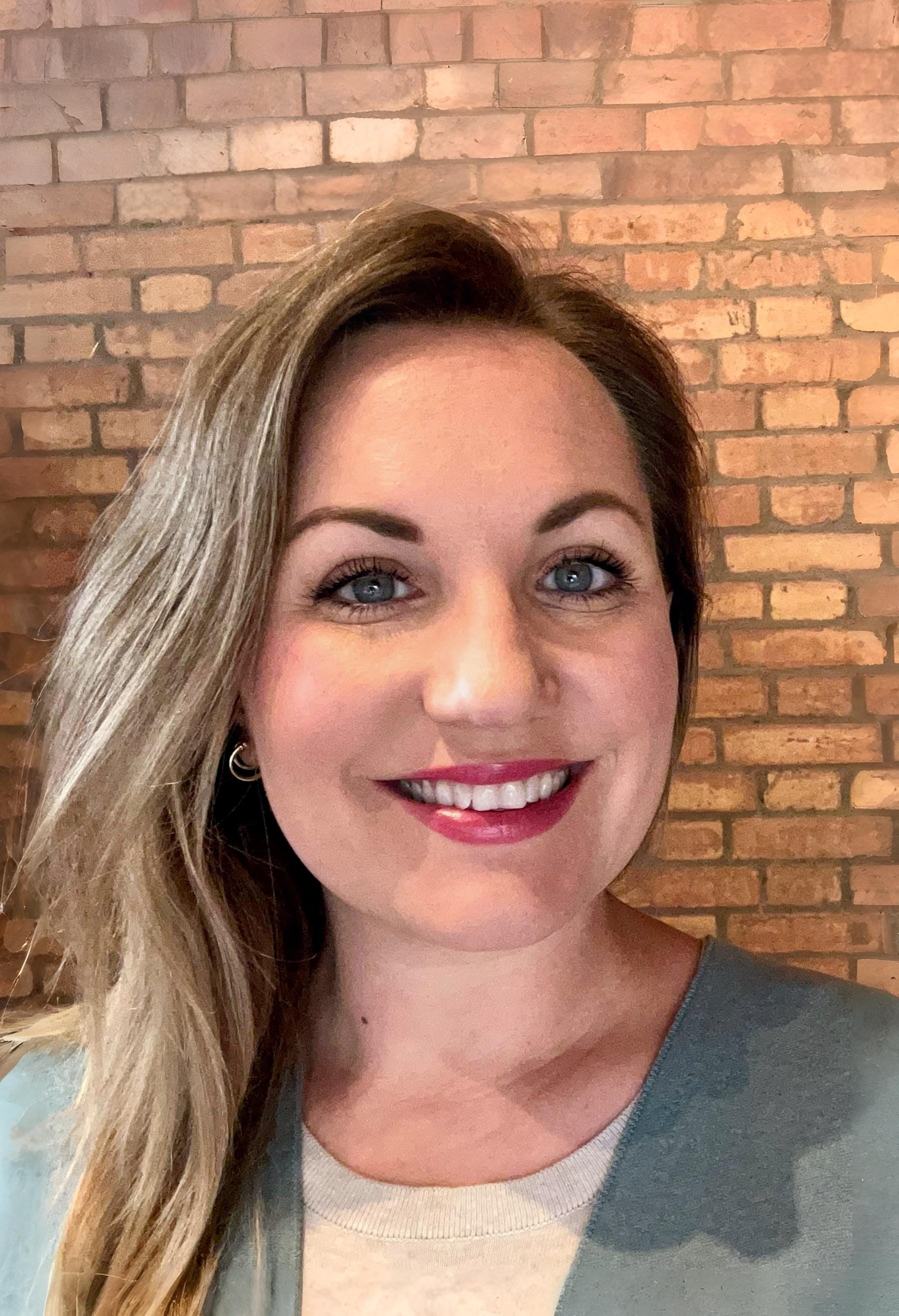In today’s achievement-focused educational climate, students often learn in environments that prioritize performance over personal connection. This presentation examines two creative learning contexts that re-center care as essential to student well-being: a community-based after-school art club and an arts-based walking curriculum in a Grade 5 classroom.
In the after-school art club, collaborative artmaking, framed by Nel Noddings’ ethics of care, created opportunities for authentic dialogue, attentiveness, and supportive relationships among children, families, and local artists. Using video ethnography, I captured subtle but powerful moments of connection that revealed how creative practices can serve as an imperative medium for care.
Complementing this, I will share how an arts-based walking curriculum invited Grade 5 students to engage in observation and artistic, reflective exploration of their surroundings. These outdoor creative walks slowed the pace of learning and opened space for receptivity, calm, and relational engagement often constrained by academic demands.
Together, these examples show how creative, experiential practices can counterbalance achievement culture by foregrounding care, connection, and the individuality of each learner. They also demonstrate how such practices can meaningfully align with and enrich ongoing curricular work. This research argues that caring relationships are not peripheral to learning but foundational, and that educators can foster them through intentional, creative pedagogical design.
March 2026 - 21CLHK
Job Role Applicability:
- Head of School/Director
- Art Teacher
- Primary Teacher
- Early Childhood Teacher
- 21st Century Skills
- Visual Arts
- Personalized Learning
- Social Emotional Learning
Presentation
- Lower Elementary [Age 4 - 6]
- Upper Elementary [Age 8 - 10]




